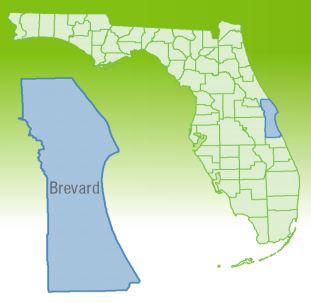Home Taxes
2013: Will Your Taxes Go Up?
As things stand now many Americans are facing a tax increase beginning in 2013. This pending tax increase has been referred to as "the 2013 fiscal cliff" and "Taxmageddon" by some pundits who are concerned that it could threaten the fragile economic recovery.
On January 1 2013 the lower income investment and estate tax rates that were passed as part of the Economic Growth and Tax Relief Reconciliation Act of 2001 (EGTRRA) are scheduled to expire. According to David Lerner Associates Branch Manager John Koene these lower rates were originally scheduled to expire at the end of 2010. "However they were temporarily extended by the Tax Relief Act of 2010 until December 31 2012."
Unless legislative action is taken again before December 31 2012 the following taxes will be affected starting next year:
* Ordinary income taxes - The tax rates for the top four income brackets will all rise: from 25 to 28 percent 28 to 31 percent 33 to 36 percent and 35 to 39.6 percent.
* Investment (or passive) income taxes - The top tax rate on capital gains will rise from 15 percent to 20 percent and dividends will be taxed at ordinary income tax rates which could be as high as 39.6 percent.
* Estate taxes - The top federal estate tax rate will rise from 35 percent to 55 percent. Also the applicable exclusion amount for estate taxes will drop from the current $5.12 million per person (or $10.24 million for a married couple) to $1 million (or $2 million for a married couple).
In addition to the expiring lower EGTRRA tax rates Koene adds that some upper-income taxpayers will also be faced next year with an additional 3.8 percent surtax on investment income as part of the Affordable Care Act. Starting in January this surtax will apply to the unearned income of individuals with an adjusted gross income (AGI) of $200000 or more and married couples with an AGI of $250000 or more. An additional 0.9 percent payroll tax on wages will also apply to these individuals and couples at this time.
As a result the top capital gains rate for these individuals and couples will rise to 23.8 percent (20 percent capital gain plus 3.8 percent surtax) and the top tax rate will rise to 43.4 percent (39.6 percent plus 3.8 percent surtax and additional 0.9 percent payroll tax on wages).
"These pending tax increases have emphasized the importance of year-end tax planning this year" says Koene. If you haven't yet it may be a good idea to schedule a meeting with your tax advisor to discuss how you might be affected and steps you can take that might help minimize your future tax liability.
Material contained in this article is provided for information purposes only and is not intended to be used in connection with the evaluation of any investments offered by David Lerner Associates Inc. This material does not constitute an offer or recommendation to buy or sell securities and should not be considered in connection with the purchase or sale of securities.






